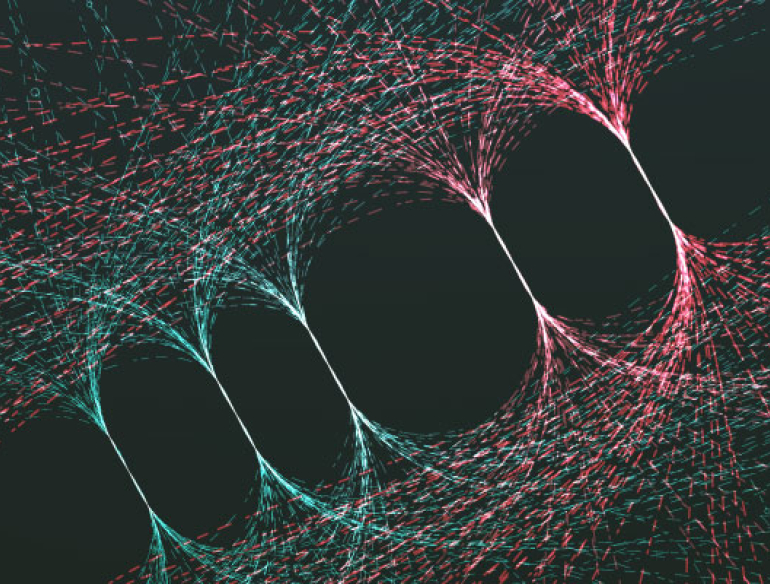Congratulations to Dr George Karystianis from the Kirby Institute’s Justice Health Research Program, who along with Dr Oscar Florez Vargas from the National Cancer Institute, National Institute of Health, USA recently ranked 7th in the 2018 n2c2 Shared Task on Challenges in Natural Language Processing (NLP) for Clinical Data run by Harvard University (Department of Biomedical Informatics) and George Mason University (Volgenau School of Engineering).
There were over 200 participants in the exercise across 45 teams from 18 countries. Teams were given two months to create and implement a text mining system to respond to a clinical NLP challenge. In this instance, the teams were required to develop a system using clinician notes in medical records to identify which patients meet selection criteria for a clinical trial.
It can be challenging to recruit patients into clinical trials, especially when there are complex and specific criteria. The scenario for this challenge was developed with the aim of streamlining the recruitment process. In many cases, eligibility criteria are not able to be identified through databases, as this information might instead have been recorded in detail in patient records. Currently, researchers need to either manually read participant medical records, or rely on participants’ self-identification of their medical histories to identify their eligibility for involvement in a particular trial. Developing a system that can identify and analyse text from the patient records has the potential to remove this often onerous barrier.
Dr Karystianis has a research background in text mining and epidemiology. He has been working at the Kirby Institute at the Justice Health Program focusing on the text mining of mental illnesses and other related information from police data related to domestic violence. He and Dr Florez Vargas were one of two Australian teams, competing against others from around the world. This is important work for the future of medical research, and we congratulate them on this outstanding result.
